On Saturday evening, May 16, 2020, Donald Trump shared a cartoonish deepfake video to his Twitter account. Trump’s 80 million followers saw an edited video of the famous speech from the 1996 movie “Independence Day,” only with the faces of the characters being edited to reflect certain individuals in politics and pop culture, namely with Trump’s face superimposed over Bill Pullman’s face (but not his voice).
While this predictably led to outrage from various corners of the internet, including from Bill Pullman himself, the most common complaint seemed to be “isn’t this copyright infringement?” The answer to this question, as always, is: well, maybe.
Trump is unlikely to have acquired permission to use this clip from Disney[1], including any right to create or share derivative works,[2] but whether or not Trump’s uses constitute copyright infringement is not an easy answer. Copyright is not absolute. There are always defenses to allegations of infringement. Trump could assert the defense of fair use, specifically the right to use the work as part of a parody – which the Supreme Court has held is a fair use of copyright.
If this use is considered a parody, legal precedent holds that Trump did not infringe any copyrights. What if Trump’s use is instead considered satire? Yes, there is a difference between “parody” and “satire” and these distinctions are significant in a copyright fair use analysis.
Continue reading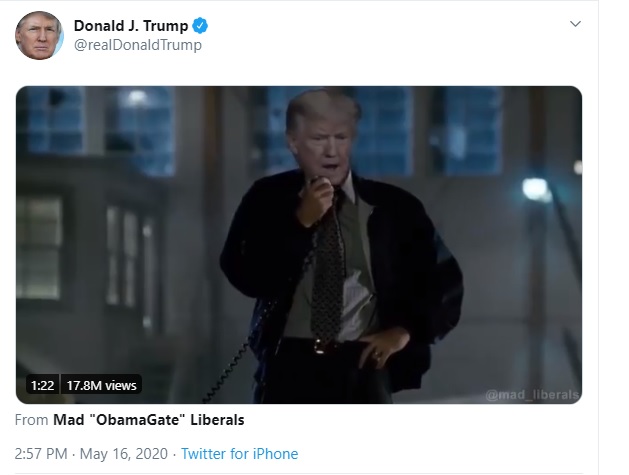
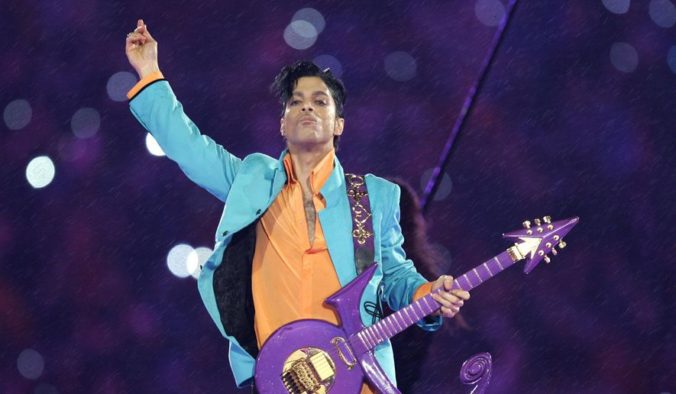
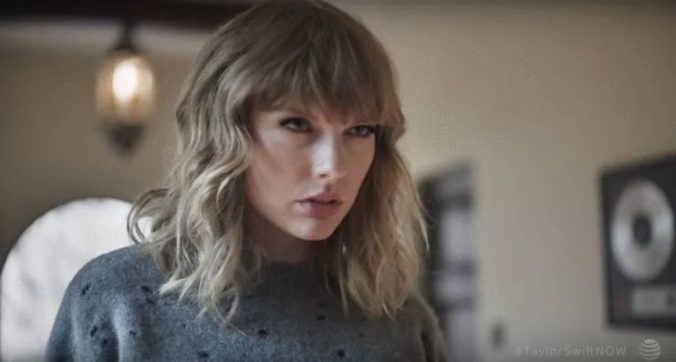
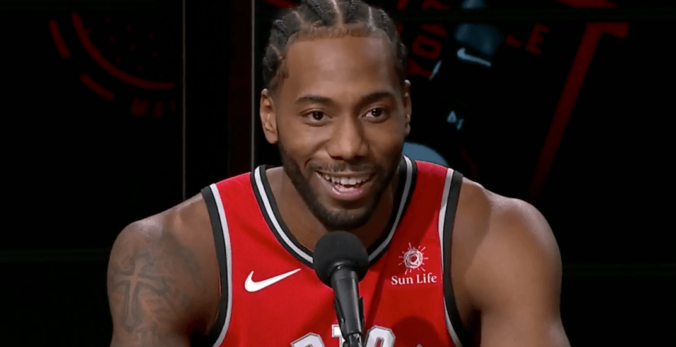
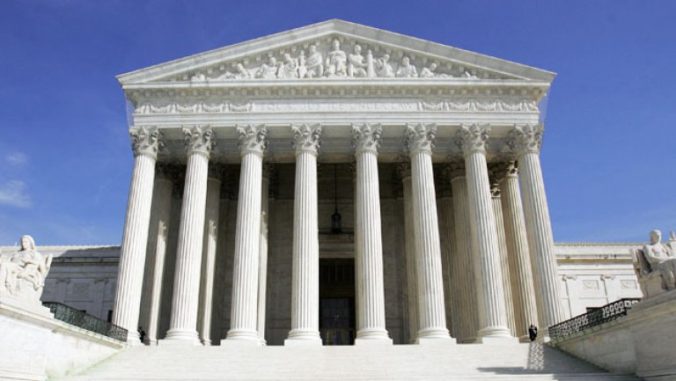
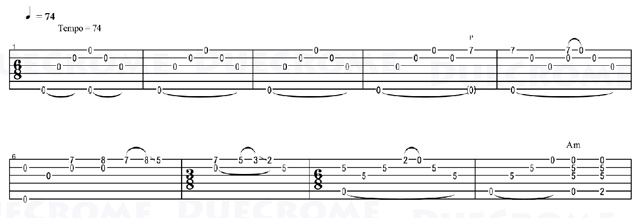
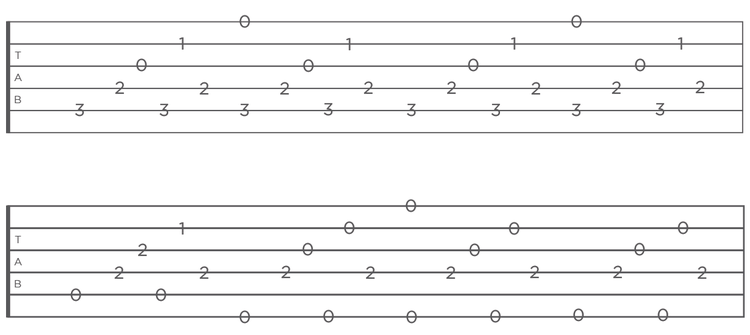
Recent Comments